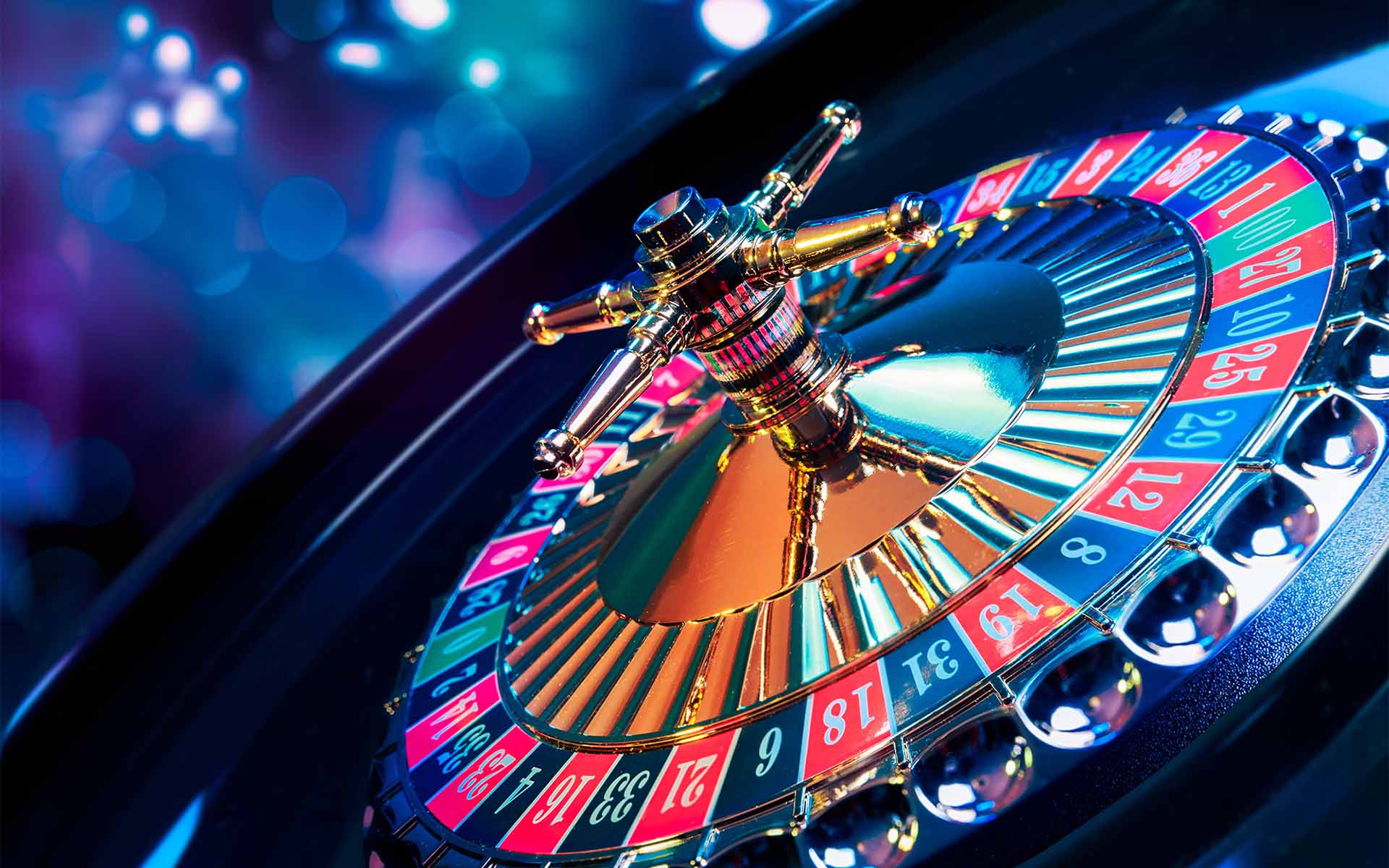Gambling games have captivated gamblers for centuries, drawing them into a realm of adventure, chance, and prosperity. From the blinking lights of gambling machines to the tactical action of poker tables, these experiences offer a unique combination of amusement and exposure. However, underneath the shiny exterior of this glitz and glamour lies a intricate interplay of math that shapes every outcome and choice made within the casino.
Comprehending this relationship between casino games and math not only improves the player’s journey but also can help gamblers make knowledgeable decisions. Whether you are a casual gambler or a passionate follower, recognizing the math concepts at play can provide valuable understandings into likelihood, ratios, and strategies, finally shaping how one tackles these chance games.

Arithmetic Probability in Betting
In the sphere of gambling games, statistical likelihood plays a crucial role in determining results and guiding gambler decisions. Each game has a distinct set of regulations and a particular probability framework that influences its dynamics. For example, in games like the roulette wheel, players must grasp the probabilities of hitting a certain number or shade. The probability of specific occurrences occurring can be computed, and this understanding can substantially affect wagering strategies.
Players also need to be informed of the house edge, which is the mathematical advantage that gambling establishments hold over gamblers in the long run. This advantage varies across various activities. In blackjack, expert players can use tactics to minimize the casino edge to as little as 1 %, while in activities like slots, the house edge can be substantially larger. Understanding the house edge allows gamblers to make wise choices about which games to participate in and how much to wager.
Additionally, probability is essential in the concept of risk versus reward in gambling. Every bet carries a particular risk level, and players must assess the potential payout against that danger. Games like poker require players to not only calculate the chances of their personal showing winning but also to evaluate the probabilities of their opponents’ showings. By applying statistical principles to their strategy, gamblers can boost their chances of success and participate more strategically in the thrilling world of gambling activities.
Expected Worth in Gambling Activities
When talking about casino activities, one of the fundamental concepts rooted in mathematics is the expected worth. This numerical metric helps players understand the possible outcomes of their bets over a period. https://gg88.cool/ In simple terms, expected worth (EV) calculates the average amount a player can expect to gain or lose per bet if they were to play the activity many times. Each activity has its own EV, affected by the odds and the casino advantage, which signifies the advantage that the gambling establishment holds.
For example, consider a activity like the roulette game. The anticipated worth can be calculated based on the specific bet made. If a gambler bets on a individual number, the return is 35 to 1, but the true odds of success that wager are 1 in 37 (in Euro the roulette game). This leads in a detrimental expected worth, indicating that, on average, gamblers will lose money over time when playing this kind of wager. Understanding this concept allows gamblers to make more informed decisions about which activities and bets may be more favorable.
Furthermore, the investigation of anticipated worth can lead to improved bankroll management. Gamblers who understand the math behind their activities are often able to set realistic expectations. By recognizing their possible deficits and profits, they can modify their playing strategies appropriately, which may improve their overall gaming experience overall. As a consequence, anticipated worth serves as a critical resource for both beginner and seasoned gamblers to steer through the frequently unpredictable character of gambling activities.
Tactics and Probabilities: The Math Behind Success
In gaming establishments, grasping the chances is crucial for participants seeking to boost their likelihood of winning. Each contest has its own unique set of odds that determine successful outcomes, and these numbers are often found in the gaming regulations or reward charts. For example, in activities like 21, players can improve their odds through strategies such as tracking cards, which is based on math principles to gain an advantage over the house. By educating themselves with the probabilities, players can make more informed choices on when to bet and when to fold.
Additionally, the principle of expected value plays a significant function in gaming tactics. Average outcome assesses the mean outcome of a wager over time, allowing players to evaluate whether a particular bet is valuable taking. For example, video slots have a fixed return percentage, which can show the average profit a participant can expect on their bets. By choosing activities with better average outcomes, gamblers can lessen the casino edge, enhancing their possible rewards in the future.
Finally, successful participants often utilize a blend of luck and mathematical strategy to improve their gaming experience. While chance is unpredictable, managing a wagering approach based on calculative ideas can lead to more advantageous situations. By employing techniques such as bankroll management and game selection, players can leverage mathematics to maneuver through the volatile nature of gambling activities, making the most of their time and investments at the gaming tables.
